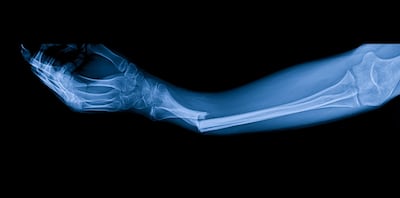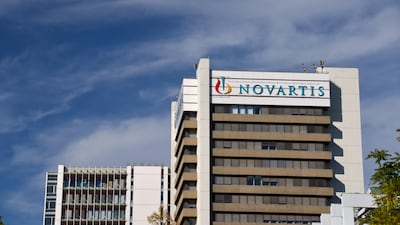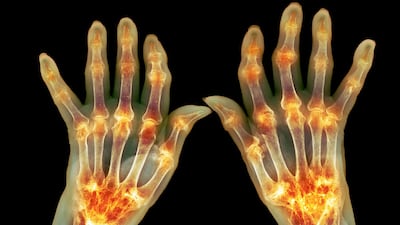Musculoskeletal
Another Phase III hit for Lilly’s Zepbound, the TOGETHER-PsA trial is the first to add an incretin therapy to anti-inflammatory biologic, potentially expanding its reach into another major comorbidity market.
A deal for the Duchenne muscular dystrophy treatment with Nxera is valued at up to $205m.
Analysts warn of an uphill battle for setrusumab despite secondary endpoint wins after disappointing Phase III results dampens the drug's regulatory prospects.
The drugmaker announced that the pivotal trial of fidrisertib in FOP did not meet its primary endpoint, but it already markets the first ever drug to win FDA approval for the disease.
The California firm announced positive data from its early-stage randomized study of TLC-6740 combined with Lilly’s tirzepatide in patients with obesity.
Satellos is moving to start a double-blinded Phase II trial of its experimental Duchenne muscular dystrophy candidate that looks to mimic the effects of dystrophin on muscle stem cells.
Five-year Agamree data shows the novel steroid is a safer and equally effective treatment to standard of care deflazacort or prednisone, the Swiss biotech argues.
The company’s third quarter earnings fell by $67.8m year-over-year, reflecting the tumultuous situation around its DMD therapy Elevidys in June.
Despite a prior agreement with the FDA to seek accelerated approval, with Phase III data showing statistical significance on biomarkers and functional measures, BridgeBio is aiming higher.
The deal comes on the back of promising data from Avidity's next-generation RNA therapeutics over the past two years and a subsequent meteoric rise in share value.
With a mechanism better known for its use in breast cancer, Elevara believes its CDK4/6 inhibitor candidate could help more patients with rheumatoid arthritis reach complete remission.
Leaning on the “totality of the data” despite proof of functional efficacy, some biotechs seek conditional approval for rare disease drugs. The experiences of PTC, Sarepta, Sage and Intercept illustrate the risks of this approach.
Stealth won FDA accelerated approval for Forzinity, the first Barth syndrome therapy, after multiple regulatory setbacks. The decision sets the stage for confirmatory trials and expanded patient access.
The company announced positive Phase III data for the drug in fibrodysplasia ossificans progressiva, as well as Phase II combination data among patients with obesity.
Just days after Roche stopped shipments of the DMD gene therapy following safety concerns raised by two patient deaths, its EU approval application has hit a block.
Seven weeks before its action date, Capricor got an FDA complete response for cell therapy deramiocel in DMD-related cardiomyopathy. It has a Phase III study nearing readout, though.
The osteogenesis imperfecta drug stumbled in a second interim analysis.
The oral, twice-daily candidate was expected to control decline in motor function in DMD patients regardless of their gene mutations.
Biogen hopes to move directly from Phase I to Phase III with salanersen, a higher-potency therapy that uses the same mechanism of action as Spinraza.
Bimagrumab added to Wegovy increased weight loss and preserved muscle mass, but analysts want to see more safety and efficacy results from a combination with Zepbound.




















